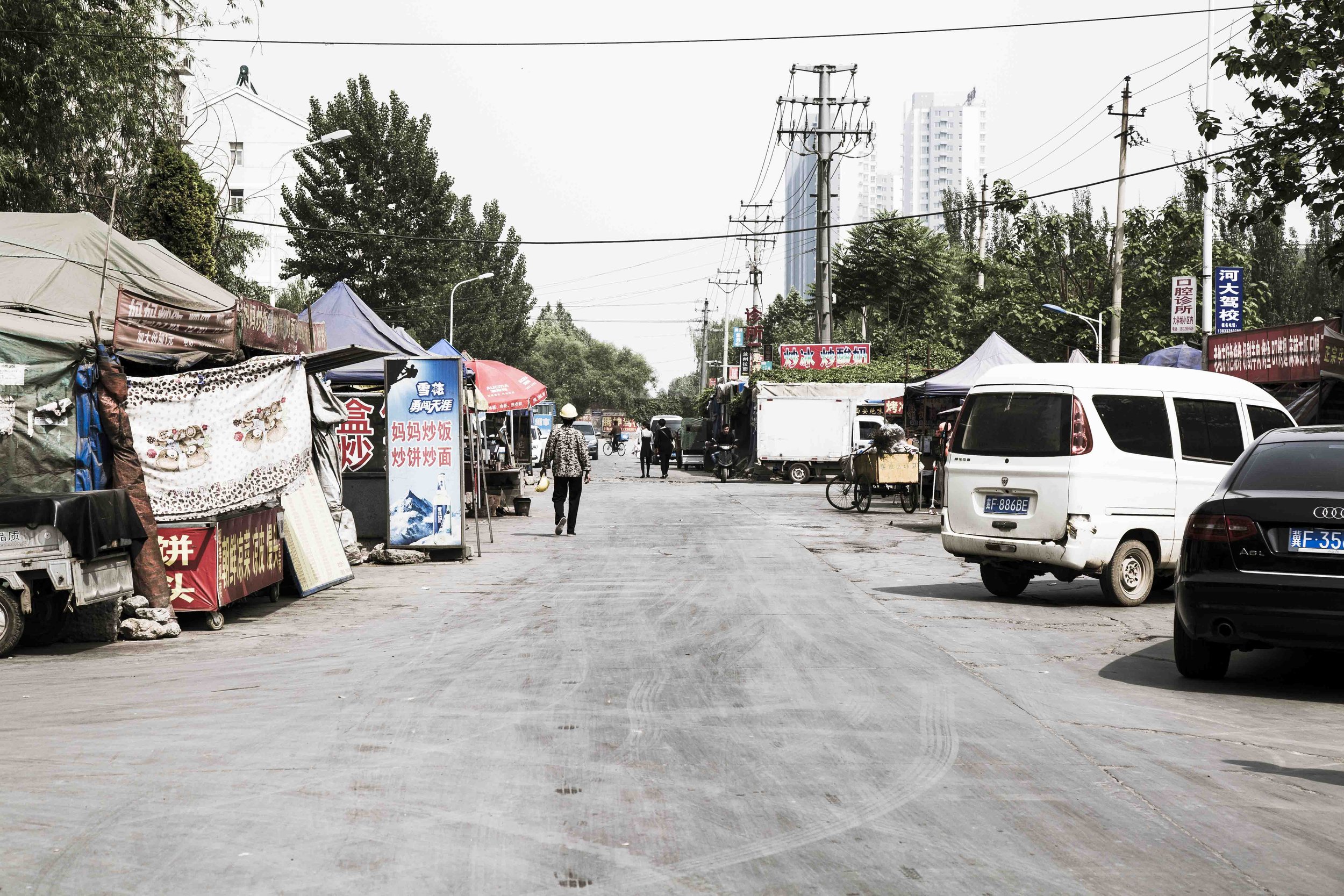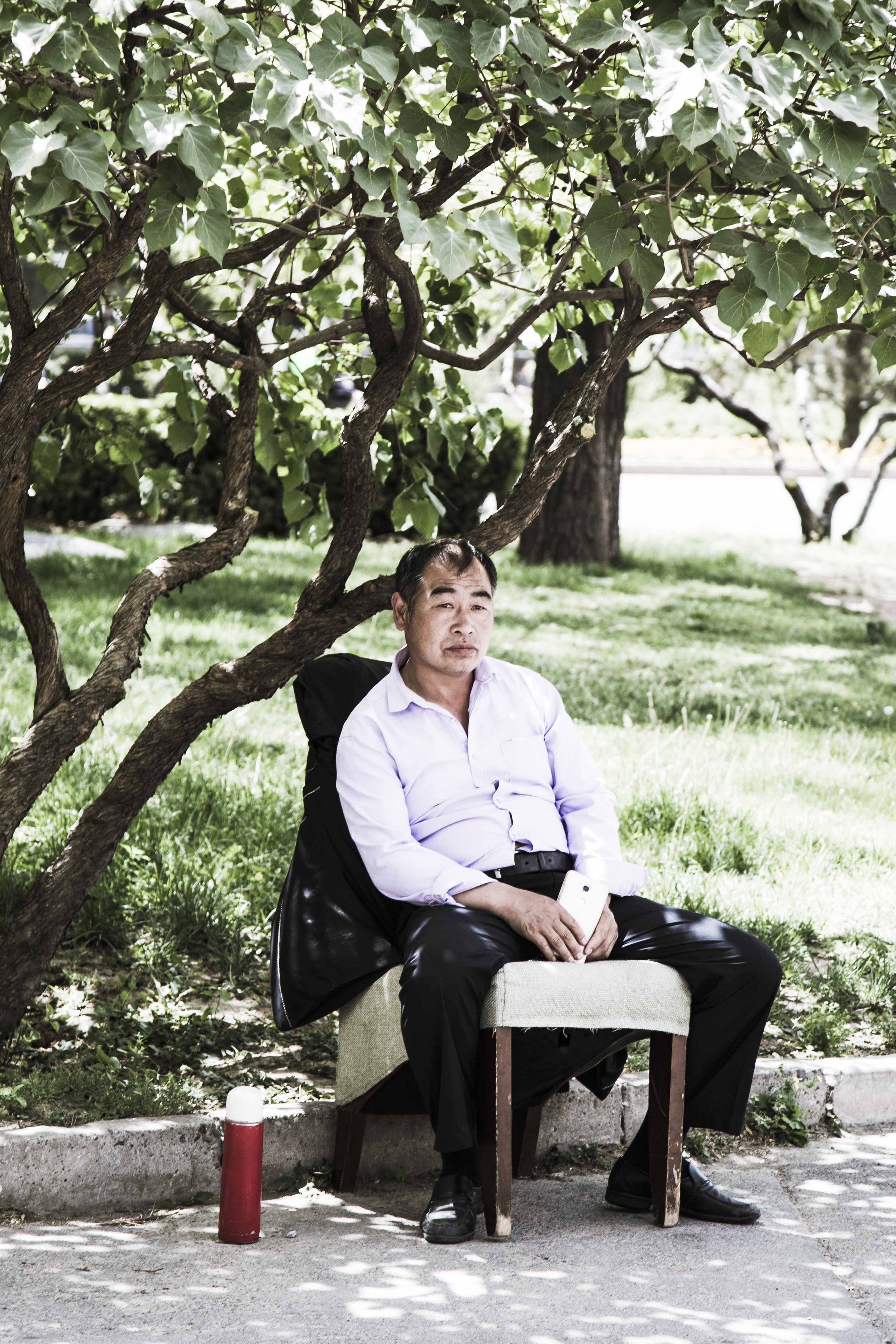When I first landed in China I felt as if I had landed on another planet. Disembarking from my terrestrial space craft I was greeted by a hot and heavy atmosphere that almost felt thick enough touch. Passing through customs I was greeted by the well dressed military and police officers whom protect the entrance to this semi-isolated world. I was released into a city that had a population of over twenty-one million, one third of the population of the entire United Kingdom. From this mega-city I travelled on a train that British commuters could only dream of, to a city that was beyond Alien. Here I experienced a world so different from my own, so culturally complex and socially different that I could only observe it as an outsider, an Alien myself. In many ways it was here, on the other side of the globe, that I understood how the UK now felt on the world stage and how difficult the task ahead would be.
In June 2016 the UK decided to leave behind its European neighbours and attempt to go it alone, to build new relationships and open itself up the rest of the world. Five thousand miles east of London lies Beijing, a mega-city and seat of power for one of the most powerful countries on the planet, China. The British Government believes that China could be a major partner for Britain in the next chapter of its history. However, unlike the major European powers of France and Germany, whom Britain shares many similarities, it shares few cultural, social or economical similarities to this Eastern superpower. 'Life on Mars' is a visual exploration of Beijing and the near by city of Boading in the Hebei province which highlights the differences between the two cultures that could effect the UK's ability to create a positive relationship with a country and people whom differ so much from the Britain that is trying to market itself today.
The images that form Life on Mars were captured in May 2017 during a University of Central Lancashire (UCLan) sponsored visit to China to promote its relationship to Hebei University in Boading. Without UCLan's support this work couldn't exist.


























